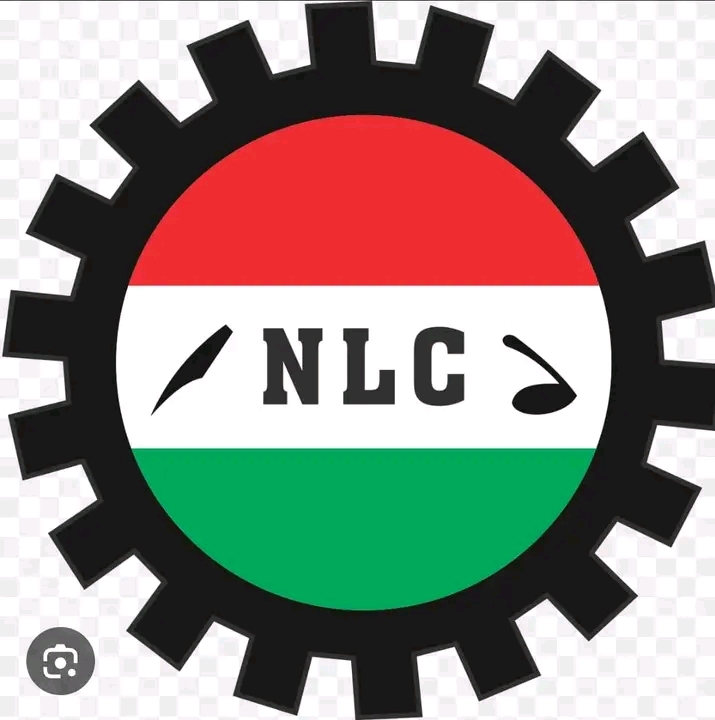NLC Slams President Tinubu Over Electricity Tariff Hike, Foretell Consequences
The Nigerian government has taken a firm stance on the recent decision to implement a substantial 240% increase in electricity tariffs for ‘A’ category consumers, despite widespread calls from various sectors for its reconsideration.
This decision has sparked a heated debate, with the Nigeria Labour Congress (NLC) leading the charge against what they’ve termed a “wicked and unpopular” policy. The NLC’s Head of Information, Benson Upah, expressed disappointment, highlighting the potential adverse effects on businesses and the manufacturing sector, asserting that high power tariffs have never been conducive to manufacturing growth anywhere in the world.
The heart of the controversy lies in the government’s readiness to phase out electricity subsidies, a move believed to be influenced by international financial institutions like the World Bank and the International Monetary Fund. Critics, including Upah, argue that this policy direction signals that the government is not in full control of its policy decisions, suggesting that external bodies might be steering the ship.
Manufacturers and both organized labor and private sectors have voiced their concerns, arguing that the tariff hike will have far-reaching negative impacts on business operations, inflation, and the viability of small and medium enterprises. Notably, ‘A’ category consumers, who are supposed to enjoy up to 20 hours of electricity supply daily, are the primary targets of this tariff increase.
At a press briefing, Minister of Power Adebayo Adelabu defended the government’s decision, emphasizing the unsustainable nature of the current subsidy regime which, if continued, would cost the government an estimated N2.9 trillion in 2024 alone. By discontinuing subsidies for ‘A’ category consumers, the government expects to save about N1.4 trillion, funds which it plans to redirect towards other critical sectors like health and education.
Minister Adelabu argued that the tariff adjustment is a necessary step towards realistic and sustainable power pricing, describing the move as “pro-poor” since it ostensibly affects those who can bear the cost. The broader plan, according to Adelabu, is to eliminate subsidies in the power sector entirely within three years, marking this initial phase as a pilot project to test the waters for a more extensive cost-reflective tariff system.
